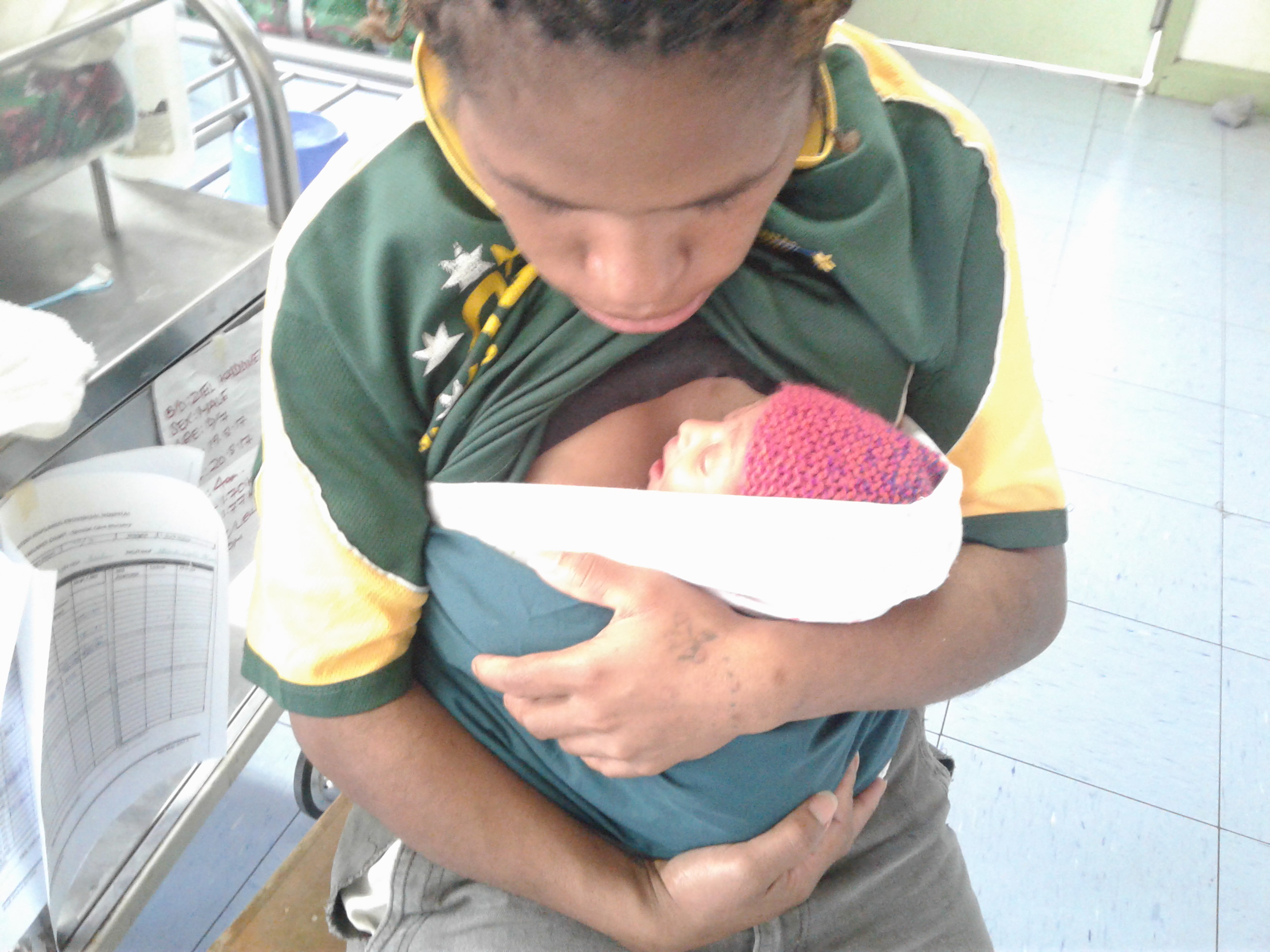
Celebrating World Health Day and the impact of evidence
Stories of transformation in maternal and newborn health
To mark World Health Day, we shine a light on stories of impact and the people who created change for a brighter future for their villages, their wider communities and their nations. These are compelling narratives about ordinary people who achieve the extraordinary.
In JBI Impact Stories the heroes are the midwives, nurses, and other healthcare professionals who become agents of change, leading evidence-based practice initiatives and in the process, transforming lives.
This year, World Health Day on 7 April with its theme, Healthy beginnings, hopeful futures, kicks off a year-long campaign on maternal and newborn health. This campaign urges governments and the health community to ramp up efforts to end preventable maternal and newborn deaths, and to prioritise women’s longer-term health and well-being.
The need for the campaign is clear. According to the World Health Organization, four out of five countries are off track to meet the United Nation’s Sustainable Development Goal 3 target for improving maternal survival by 2030. One in three will fail to meet targets for reducing newborn deaths.

JBI supports the World Health Organization’s campaign, and on 7 April we spotlight impact stories from Papua New Guinea, Malawi and Cameroon that demonstrate how even simple, cost-effective practices based on evidence can dramatically improve neonatal and maternal outcomes.
Through these impact stories we illustrate the ripple effect of using evidence in practice, and how it can lead to essential improvements that may have small beginnings but can lead to national-wide policy and practice changes. James Temop’s story is a reflection of this ripple effect.

Jessie Mwale’s impact story tells the story of how she, a midwife educator in Malawi, was driven to help save the lives of newborn babies at Zomba Central Hospital who were dying from birth asphyxia. Her story illustrates how a clinical audit and the applying the Getting Research into Practice (GRiP) method led to embedding established evidence-based frameworks, engaging and educating staff, and strategic management of scarce resources. Jessie’s evidence implementation project saved the lives of up to 21.05% of newborn babies at the hospital, who would otherwise have died from birth asphyxia.
Valery Nji’s story shows how making evidence-based guidelines available and easily accessed, and educating clinicians about them, significantly improves compliance with best practice to reduce obstetric violence and decrease maternal and neo-natal mortality and morbidity.
These stories underscore the essential role of evidence-based care in ensuring safe pregnancies, healthy births, and brighter futures for mothers and infants. JBI’s vision—Better Evidence. Better Outcomes. Brighter Future.—is vividly reflected in these stories. Our logo, depicting a pebble dropping into water, symbolises the far-reaching impact of knowledge sharing and practice change. Through JBI Impact Stories, we demonstrate how small, evidence-based actions can lead to widespread, lasting transformation.
For more JBI Impact Stories, and to explore the featured narratives, visit jbi.global/our-impact
Additional resources
- Editorial in motion